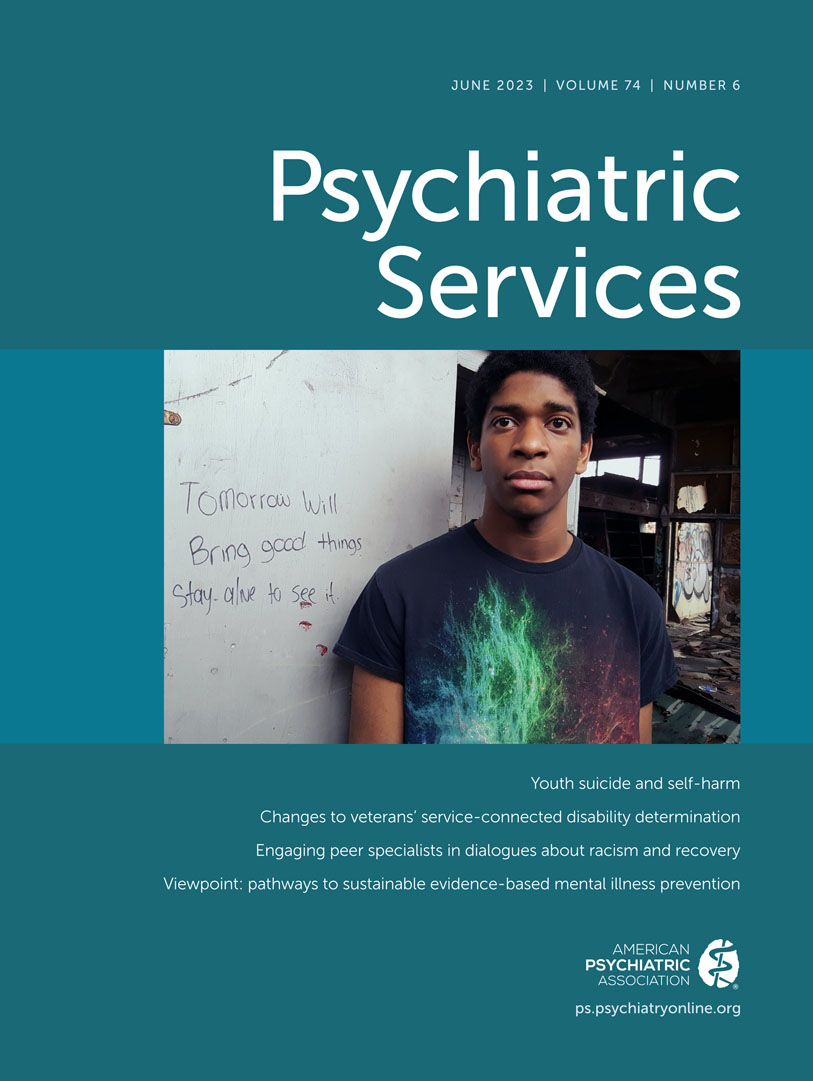A HOPE Online Community Peer Support Intervention for Help Seeking: A Randomized Controlled Trial
Abstract
Objective:
A 6-week study was conducted to test the effectiveness of the Harnessing Online Peer Education (HOPE) intervention on anxiety, help seeking (requests for electronic resources [e-resources] on anxiety reduction), and online engagement.
Methods:
Three hundred participants with moderate to severe anxiety (i.e., seven-item Generalized Anxiety Disorder scale [GAD-7] scores ≥10) were randomly assigned to social media (i.e., Facebook) groups with or without peer leaders. The study was conducted from April 5 to May 17, 2020. GAD-7 scores, e-resource requests, and online engagement were measured at baseline and at weeks 2, 4, and 6.
Results:
GAD-7 scores improved in both intervention and control groups, with no difference between conditions. Participants in the intervention group were more likely than those in the control group to request e-resources (OR=10.27, 95% CI=4.52–23.35) and engage online (OR=2.84, 95% CI=1.70–4.76).
Conclusions:
The HOPE intervention effectively promoted mental health help-seeking behavior and online engagement.



